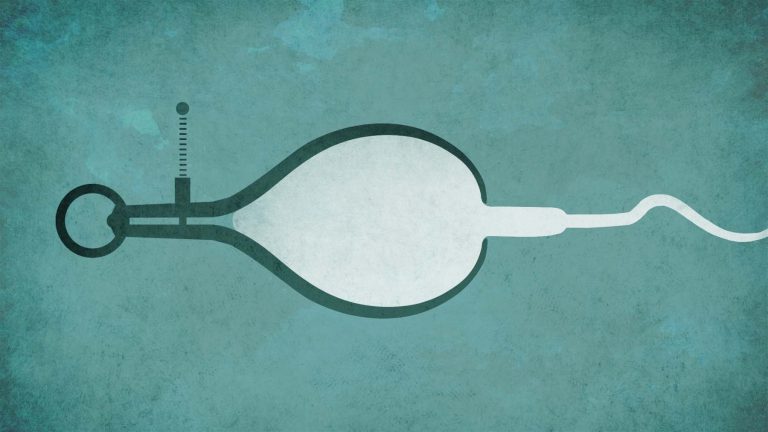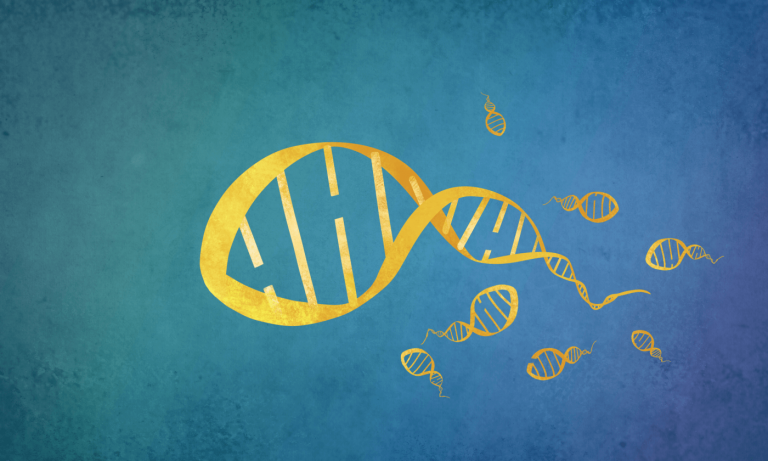Why study epigenetics?
Certainly our body weight can have a significant impact on our own health, particularly if we are obese. However, how much does it shape the health of our offspring? There was a recent study by Donkin et al. that shows weight loss alters sperm epigenetics, a biological profile that is thought to be passed on across generations. You can think of epigenetics as an extra layer of information that is added to DNA by the environment. This information can change, but is also heritable.
Donkin’s study looked at how aggressive weight loss through bariatric surgery (effectively, reducing the size of the stomach) can impact the sperm epigenome. It was already known that obesity can change the epigenetic profile of muscle cells. However, it remained unknown whether similar changes occur in sperm cells. Donkin and collaborators sought to answer this question by analyzing multiple components of the sperm epigenome (e.g. chromatin structure, DNA methylation, and small non-coding RNA) in patients with obesity and comparing them to lean, non-obese controls. Among the obese population both those who had and had not undergone bariatric surgery were represented.
Study Findings
In comparing sperm from normal and obese men, a significant difference in chromatin organization was not observed. However, the distribution of small non-coding RNAs, and DNA methylation marks were distinct between the two populations. Many of the genes that exhibited differential methylation have been previously implicated in metabolic processes and appetite control. Some noteworthy genes included FTO, NPY, and MC4R. Intuitively this makes sense given the metabolic differences between lean and obese individuals. Importantly, upon comparing the obese cohort’s epigenome pre- and post-gastric bypass, a resetting of the sperm epigenetic profile was found to occur in response to the surgery. This further supports the plasticity of the epigenome and gives insight into an unprecedented level of dynamism given the changes that were observed just a single week after surgery.
Epigenetics and Inheritance
The authors then sought to speculate on the implications of their findings for the health of the next generation. Numerous genes involved in nervous system development were differentially methylated when comparing lean and obese men. The authors suggest that this may be a mechanism by which paternal lifestyle governs neural development in offspring. Taken together, the enrichment of obesity- and neural development-associated genes may mechanistically explain why obese men have an elevated risk of producing obese or autistic offspring.
The results of this study reveal the presence of epigenetic signatures differentiating normal from obese individuals and highlights the metabolic underpinnings of this phenomenon. The apparently non-random distribution of these epigenetic marks is consistent with the current mechanistic understanding of obesity. Importantly, these epigenetic changes are present in the germ cells and therefore potentially subject to transgenerational inheritance. It also provides the first evidence that the epigenome can be dramatically remodeled immediately after bariatric surgery. This reinforces the importance of external factors in dictating health of individuals and potentially, their offspring. Additionally, DNA methylation changes induced by obesity may predispose individuals to male infertility and other conditions. In the future, it may be possible to predict the risk of offspring for various morbidities based on their parent’s epigenetic profiles.







